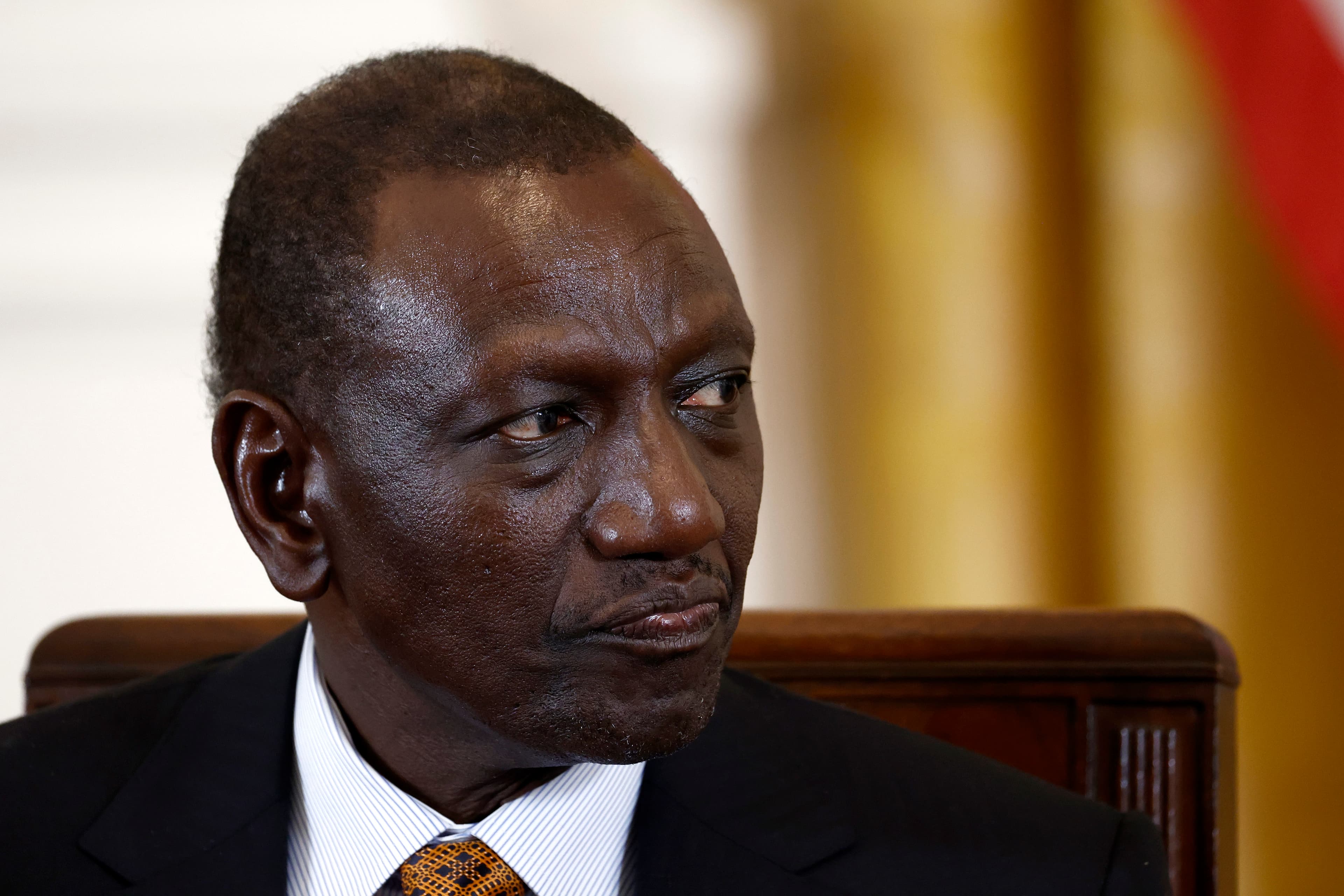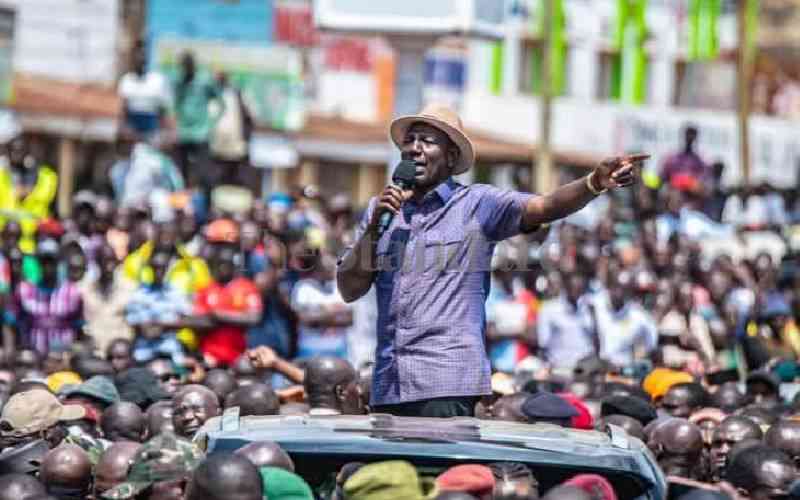Why Kenyan President William Ruto Is Likely to Serve Only One Term

Kenya’s political story has never been short of drama. Leaders rise on the backs of slogans and promises, only to fall under the weight of unmet expectations and public disillusionment. President William Ruto came to power riding the “hustler nation” wave, branding himself as the voice of the poor against entrenched dynasties. Yet, only a few years into his presidency, it is increasingly clear that he may struggle to secure a second term.
One of the most glaring reasons is the economy. The cost of living has spiraled out of control, fueled by relentless taxation, rising fuel prices, and a weakening shilling. Ordinary Kenyans, who once believed Ruto’s promise of empowerment from the bottom up, now feel crushed by the very system he vowed to dismantle. The hustler dream has turned into a nightmare, and voters rarely forgive leaders who empty their pockets instead of filling them.
But perhaps the most damaging blow to Ruto’s political future is the generational revolt that has gripped the nation. The Gen Z protests that rocked the country in 2024 and beyond left deep scars. Young people, fed up with corruption, poor governance, and economic exclusion, took to the streets demanding change. The government’s heavy-handed response—marked by killings, abductions, and brutal crackdowns—shattered any illusion of Ruto being a leader for the people. The youth, who make up the majority of voters, now see him as a betrayer rather than an ally. Their anger is not just political—it is personal, rooted in blood and loss.

Ruto also faces growing cracks within his Kenya Kwanza coalition. Internal dissent is bubbling, with some of his allies already grumbling about unmet promises and political marginalization. If the “hustler movement” fractures further, it will lose the energy that carried him to State House.
The opposition, meanwhile, though fractured today, has fertile ground to regroup. With Raila Odinga’s possible exit from the political scene, space opens up for a younger, fresher candidate who resonates with disillusioned youth. Given that over 70% of Kenya’s population is under 35, any leader who speaks directly to their pain points—jobs, dignity, freedom, and justice—could rally a force powerful enough to send Ruto home after one term.
&w=3840&q=75)
Equally damaging is Ruto’s combative and transactional style of leadership. His constant battles with the judiciary, civil society, and independent voices project a president in permanent confrontation mode. Such an image erodes trust and alienates the very institutions that shape public confidence in leadership.
Ultimately, Ruto’s greatest undoing is the gap between promise and reality. He promised a government of the people, for the people. Instead, Kenyans see a government obsessed with taxes, power consolidation, and silencing dissent. For a president who built his brand on hustler solidarity, being remembered as the leader who presided over youth killings and abductions may prove politically fatal.

Unless there is a dramatic shift in how he governs, William Ruto risks being remembered not as the president who uplifted hustlers, but as the one-term leader who betrayed a generation.
